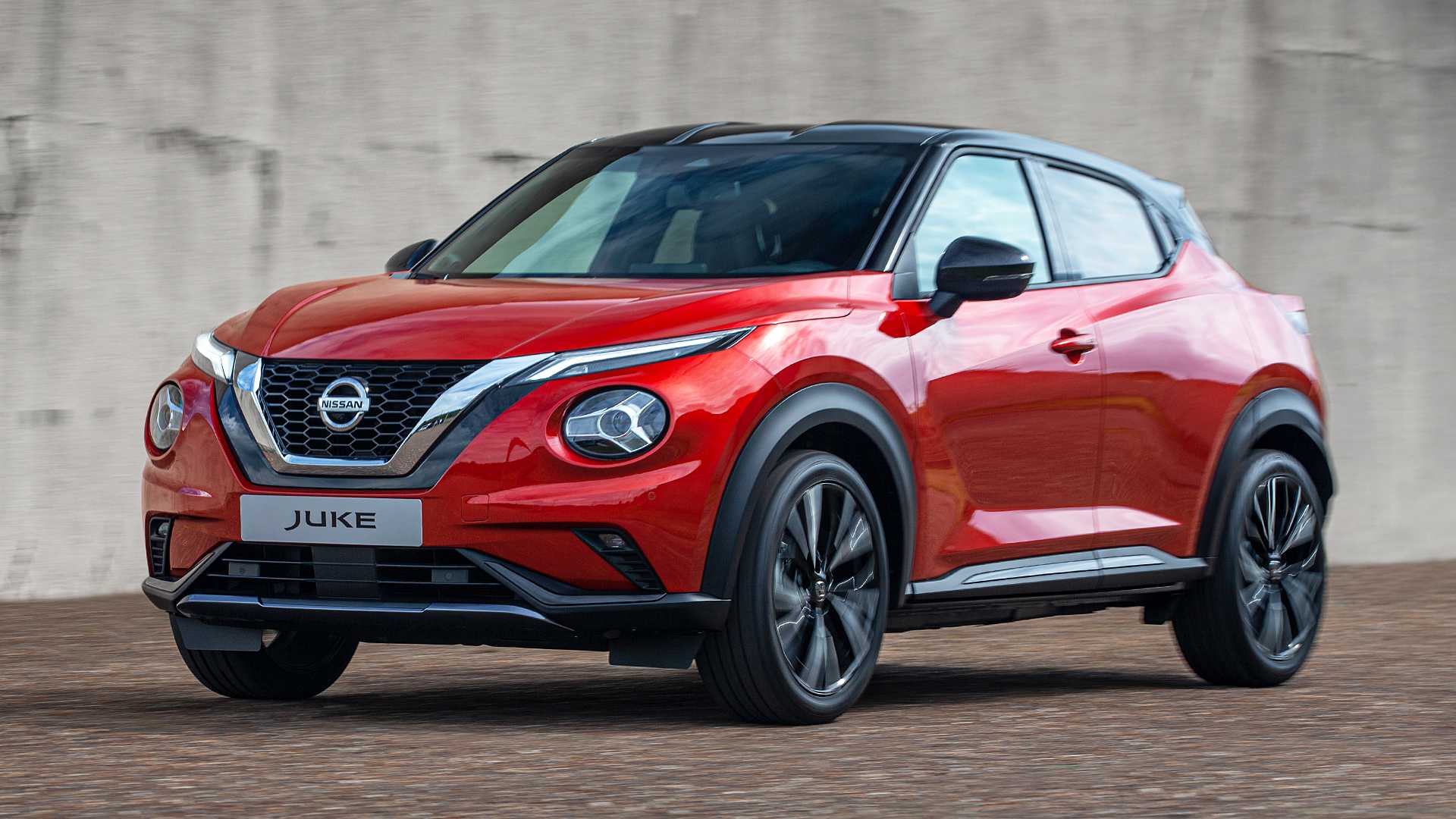The Merging Giants: Nissan and Honda's Seismic Pact
In the ever-evolving landscape of the automotive industry, the prospect of a merger between industry titans Nissan and Honda has sparked both anticipation and skepticism. This essay will critically examine the potential implications of such a seismic shift, exploring its impact on the automakers themselves, the industry as a whole, and the broader economic landscape.
A Synergistic Alliance: Cost Savings and Market Expansion
Proponents of the merger argue that the combined entity would create a formidable force in the global automotive market. The combined revenue of Nissan and Honda in 2022 exceeded $250 billion, making the merged entity one of the largest automakers in the world. Such scale would enable the merged company to achieve significant cost savings through economies of scale, streamlined operations, and shared R&D costs.
Additionally, the merger would provide Nissan and Honda with access to new markets and customer bases. Nissan has a strong presence in Asia and Europe, while Honda dominates in North America and Japan. By combining their strengths, the merged entity would have a truly global reach, enabling it to tap into new revenue streams and expand its market share.
Technological Prowess and Innovation
Nissan and Honda are both known for their technological prowess, particularly in the areas of electric and hybrid vehicles. A merger would bring together their complementary strengths and accelerate the development of innovative technologies. For instance, Nissan's expertise in battery technology could be leveraged by Honda's advanced fuel cell technology, leading to the creation of groundbreaking zero-emission vehicles.
The combined entity would also benefit from a larger pool of engineers and researchers, fostering a vibrant innovation environment. The combined R&D budget of Nissan and Honda would surpass that of many large technology companies, providing significant resources for the development of next-generation automotive technologies.
Addressing Concerns: Competition and Market Dominance
Critics of the merger raise concerns about the potential impact on competition within the automotive industry. A combined Nissan-Honda entity would control a significant share of the global market, potentially leading to reduced choice and higher prices for consumers. Regulators and antitrust authorities will need to carefully scrutinize the merger to ensure it does not stifle innovation and competition.
Furthermore, there is a risk that a merged Nissan-Honda could become too large to manage effectively, resulting in bureaucratic inefficiencies and decision-making delays. The merger would create a corporate entity with over 400,000 employees and potentially clashing corporate cultures.
Broader Implications for the Industry
The merger between Nissan and Honda would have far-reaching implications for the automotive industry at large. It could trigger a wave of consolidation, as other automakers seek to scale up and compete with the newly formed giant. This could lead to the creation of a more concentrated and less diverse industry landscape.
Moreover, the combined entity's dominance in the automotive sector could have a spillover effect into other industries, such as the automotive supply chain and the technology sector. Suppliers and technology providers may face increased pressure to comply with the merged company's demands, potentially limiting their growth opportunities.
Global Economic Impact
From a broader economic perspective, the merger between Nissan and Honda would have both positive and negative consequences. On the one hand, it could contribute to economic growth by creating new jobs and driving innovation. On the other hand, it could exacerbate existing economic inequalities and lead to job losses in the automotive sector.
The location of the merged company's headquarters and key operations will have a significant impact on regional economic development. Countries and regions that host the merged entity's facilities and supply chain will benefit from increased investment and employment opportunities. However, those that are left out may experience economic stagnation or decline.
Conclusion
The proposed merger between Nissan and Honda is a complex and multifaceted issue with far-reaching implications for the automakers, the industry, and the broader economy. While there are potential benefits in terms of cost savings, market expansion, and technological innovation, there are also concerns about competition, market dominance, economic inequality, and job losses.
Regulatory authorities, industry stakeholders, and policymakers must carefully weigh the potential costs and benefits of this mega-merger. The outcome of this process will shape the future of the automotive industry and have significant implications for consumers, workers, and the global economy.
The merger between Nissan and Honda serves as a reminder of the transformative power of consolidation in the modern business landscape. As industries become increasingly globalized and competitive, we can expect to witness more mergers and acquisitions of this scale, reshaping our economic and technological landscape for years to come.
Wheel Of Fortune Player Cruelly Loses $40,000 Prize Despite Solving Bonus Puzzle
JoJo Siwa Sparks Major Relationship Rumor With Kath Ebbs: Report
Brooklyn Nets Vs Miami Heat Dec 23, 2024 Box Scores



